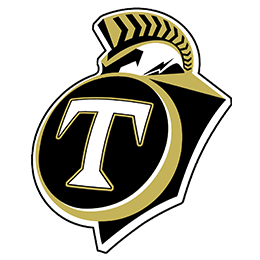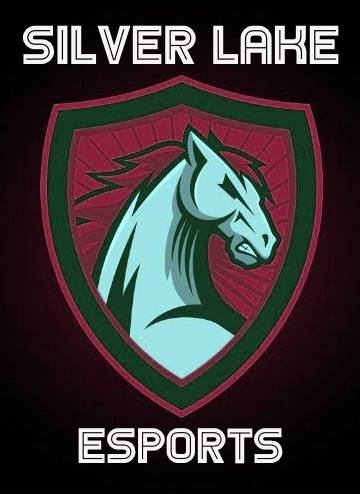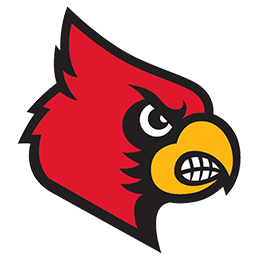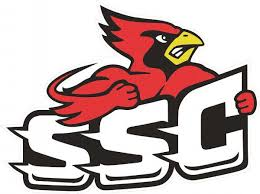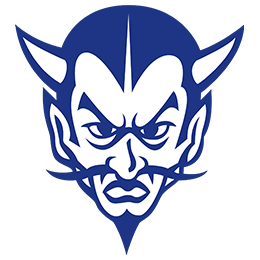Wayne State plans to create esports club, build facility
Posted by Matt Hinkel June 20, 2019 in Wayne State College
Wayne State College is exploring esports — competitive online gaming — as a new club activity, and administrators hope to build a facility to accommodate the sport.
The program would be a welcome addition to the college, which currently has 13 varsity programs and six club programs, said Mike Powicki, Wayne State director of athletics.
“It’s an opportunity for Wayne State College to show students that we’re fairly dynamic and trying to meet the needs of the next generation of students coming in,” he said.
Esports on campus includes a team of students competing against another student team on gaming platforms, such as sports and first-person shooters. It has steadily grown in interest among college students who want to continue their passion for competitive gaming — and administrators are taking advantage of it as another recruitment and retention tool, Powicki said.
“As a culture, esports has grown; it’s infiltrated onto college campuses and you see students bring this desire and say, ‘We’d like to have an esports team,’ just like flag football or soccer team,” he said. “They want a place to compete and college campuses have embraced that … It’s a recruitment tool, engagement tool, encourages connection between colleges.”
There are 500 esports club programs across the country, and 90 varsity teams complete with a coach, Powicki said. But whether it’s at the varsity or club level, most campuses that formalize esports have an arena: a computer lab with powerful PCs and gaming consoles for team members to practice as well as compete against other teams.
Within Wayne State’s NCAA Division II conference, some other colleges have already added esports to their lineup of competitive sports at both the club and varsity levels.
Powicki said the club program at Wayne State would give on-campus students who are already into gaming a more formalized outlet for their interest, as well as bring in more students who are passionate about gaming.
In the 2019-20 academic year, administrators plan to coordinate resources to build the arena and announce the formal program, and by 2020-21, officially launch the club sport complete with its own facility, Powicki said.
Currently, Powicki and others are doing their homework to bring the program to life by talking to other colleges who have esports programs, researching equipment, identifying potential spaces for the facility.
While esports is growing in popularity, some college administrators have misgivings at promoting games that include a lot of violence and an activity that is predominantly male, Powicki said.
But Powicki said he believes the pros outweigh the cons.
“It’s still a question mark for a lot of campuses … Those are some of the challenges we’re wrangling with,” he said. “All in all, it has lots of pluses to it.”
Latest Articles
- Esports providing... Posted on June 9, 2020
- Nebraska Schools... Posted on November 23, 2019
- Game on: Esports... Posted on November 8, 2019
- Scribner-Snyder to... Posted on October 25, 2019
- Gretna high school... Posted on October 21, 2019







